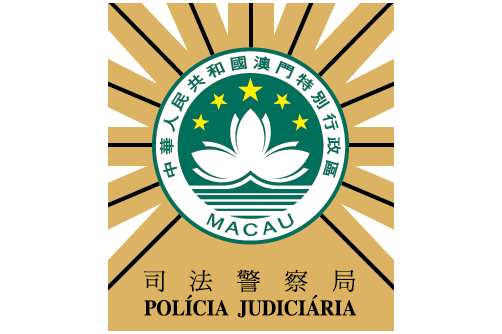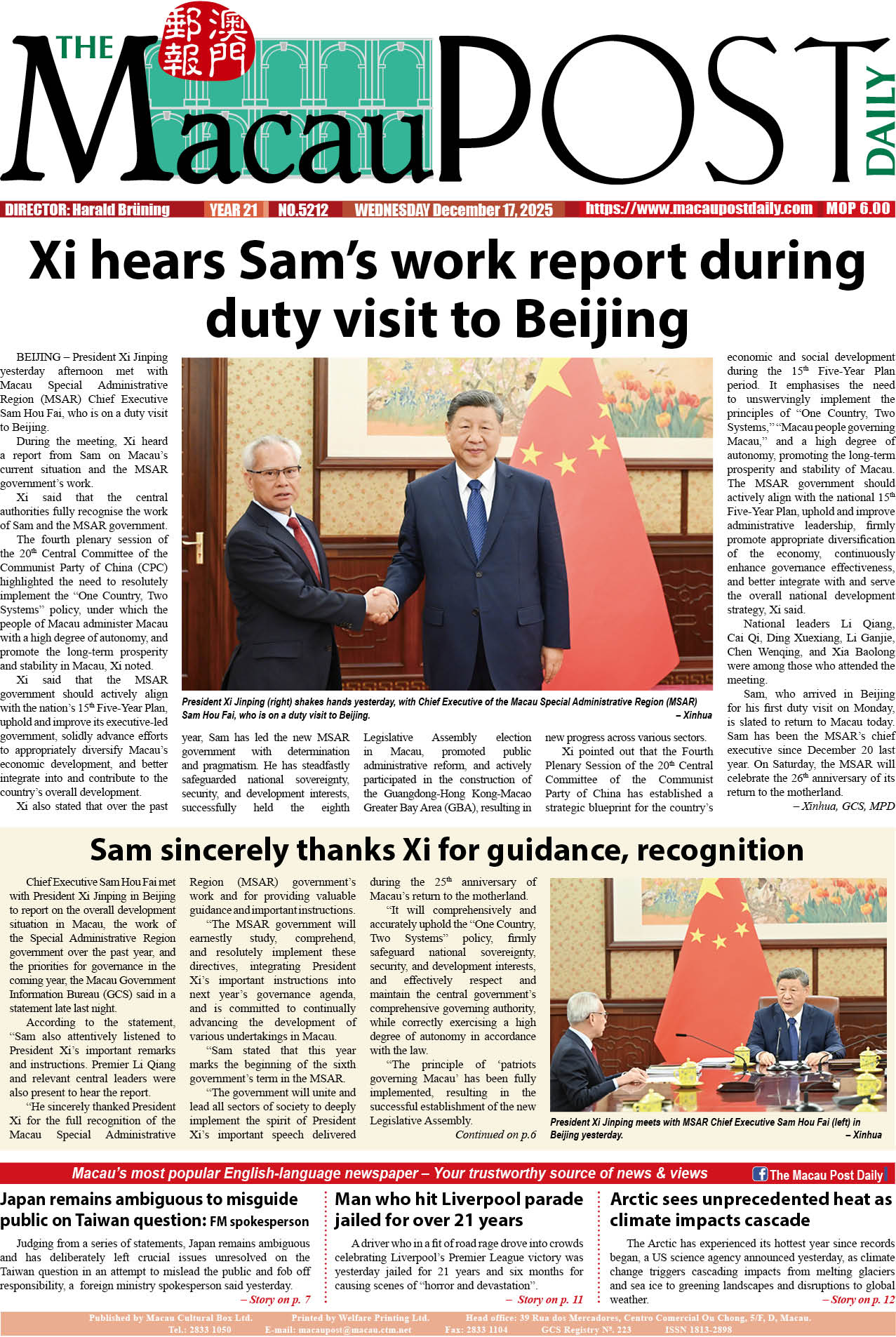The Social Welfare Bureau (IAS) said in a statement yesterday that it is working on a preliminary implementation plan for video surveillance to be installed in nurseries, with the aim of enhancing safety and transparency in childcare environments in Macau.
The bureau made the remarks in its reply to a written interpellation from lawmaker Ho Ion Sang who sought updates on the installation of video surveillance systems in nurseries, locally also known as creches, and called for the establishment of a professional recognition system for nursery caregivers to ensure that they possess the necessary skills and training.
In the written interpellation submitted to the government in November, Ho advocated for improved quality in nursery services, asking about the progress of the “Macau 2023-2025 Childcare Services Planning Scheme,” particularly its upcoming phase and any new initiatives aimed at optimising service quality and staffing.
According to Ho, Macau’s birth rate fell from 11 percent in 2016 to a mere 5.5 percent in 2023. Despite the decrease in the birth rate, there has been growing demand for childcare services, particularly among dual-income families who often struggle to find adequate care for their young children, Ho pointed out in his written interpellation, adding that parents are increasingly concerned about the quality of care, calling for better staffing ratios, enhanced facilities, and more specialised training for nursery staff.
In its response, the bureau confirmed that it is actively implementing measures outlined in the childcare scheme, and the current average caregiver-to-child ratio stands at about 1:6.3, with infant classes having a ratio of 1:3.8. For subsidised nurseries, the ratio has improved to 1:4.4 and 1:2.7 for infants, aligning with standards in neighbouring regions, the bureau said.
To enhance nursery service quality, the bureau has introduced a series of measures, including the development of individualised operational manuals for subsidised facilities, annual self-assessments, and external evaluations, while also supporting caregivers in obtaining professional certifications and providing ongoing training to improve service delivery, the bureau said.
The bureau said that it plans to collaborate with nursery providers to ensure high-quality services, taking into account feedback from the community, adding that it will also summarise the practical experiences from the current scheme and consider society’s needs when formulating the next phase of its childcare plan in 2025.







